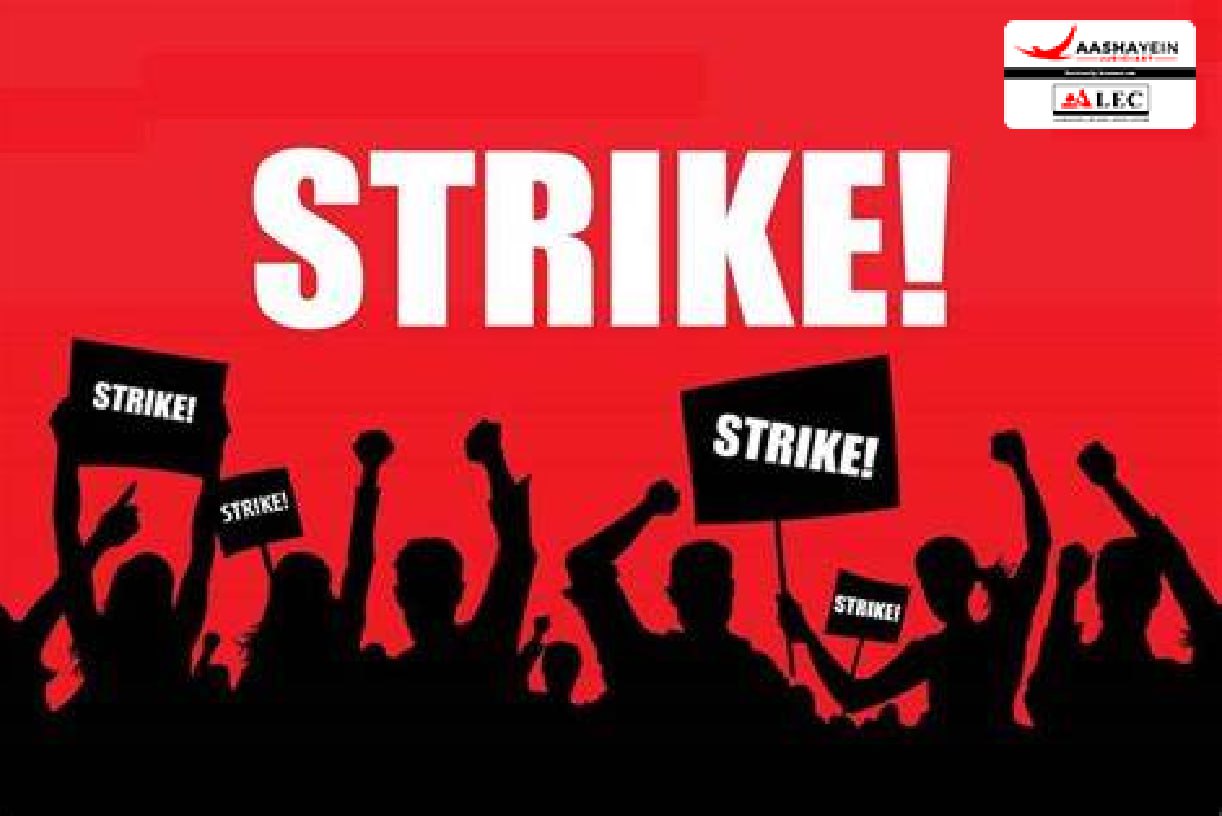Article 19(1)(c) of the Indian Constitution provides a citizen with the right to strike. The basic understanding of a strike is that it is a collective stoppage of work by employees aimed at pressuring management to address their demands or concerns. The scenario of the right to strike changes when the case is related to advocates. An advocate is considered an officer of the court and thus, his right to strike is dealt with differently as compared to other people. The case of Ex-Capt. Harish Uppal v. Union of India is a landmark judgment on this issue where the court discussed in detail about the issue and held that a lawyer does not have the right to strike.
Facts of the case
Mr. Harish Uppal, a former army officer in Bangladesh, faced embezzlement allegations and other irregularities after the 1971 Bangladesh Liberation War. He was court-martialled in 1972 and sentenced to two years imprisonment and then dismissed from the service. Dissatisfied with the above outcome, Mr. Uppal filed a review application and it was dismissed. After the above affirmation, he filed another application after post-affirmation which took 11 years to get a reply. By the time the reply was produced, the review period had expired. It emerged later that at the time of submitting the application, a group of advocates was on strike. This strike led to some documents being mislocated, and the overall process was slowed tremendously. Angry over the delay and its implications Mr. Uppal moved the Supreme Court under Article 32 of the Constitution, seeking to declare such strikes by advocates both illegal and unlawful and also seeking stronger deterrent measures to block such disruptions.
You can also read the Blog by visiting [Blog]
For more information, visit [Aashayein Enquiry Section]
Issue
The primary issue before the court was whether the lawyers have a right to strike.
Arguments for the petitioner
The petitioner contended that strikes and boycotts by advocates are unlawful and unjust, urging the courts to impose a prohibition on such practices. He argued that these strikes disrupt the administration of justice by causing significant delays in court proceedings and hindering the timely resolution of cases. Furthermore, the petitioner highlighted that strikes infringe upon the clients' fundamental right to a speedy trial and often result in the loss of important documents, leading to inconsistencies in judicial processes.
He emphasized that, as officers of the court, advocates have a duty to uphold their responsibilities towards the judiciary, their clients, and society. Engaging in strikes constitutes professional misconduct, a violation of these duties, and undermines the integrity of the legal profession. The petitioner urged the court to take stringent measures to deter such actions, penalize advocates participating in strikes, and implement safeguards to protect the interests of litigants while ensuring the smooth functioning of the judiciary and timely delivery of justice.
Arguments for the respondent
The respondents argued that the right to strike is an extension of the freedom of association guaranteed under Article 19(c) of the Constitution. They contended that, like any other social group, lawyers also have the right to assemble and express their demands collectively, as they share common interests. The respondent’s legal representatives further asserted that advocates should have the discretion to organize strikes, and decisions regarding the feasibility or regulation of such strikes should be left to the Bar Council.
Judgement of the court
On the right to strike
The court in this landmark judgment cleared the question and held that lawyers don’t have the right to strike under Article 19 (1) (C) of the Indian Constitution and thus any call for strike by lawyers is to be considered unlawful.
Strike only in the rarest of rare cases
It was stated that the lawyers’ strikes are allowed only in exceptional circumstances where the Bar Association’s image, reputation, or operation is endangered. Some of the situations that might lead to such applications include complaints against a presiding officer, disagreement about a ruling of the court, administrative disputes, or disputes between groups of lawyers. The court also said that protests should be done in a manner that does not interfere with the operations of the courts for instance through press releases, media interviews, wearing black or white bands or even staging walkouts from the court buildings.
Role of a lawyer
The court examined the relationship between the bar (lawyers) and the bench (judges), emphasizing that the role of lawyers is as crucial as that of judges in the functioning of the legal system. The court acknowledged that lawyers hold a distinctive position as "officers of the court" and are responsible for upholding the integrity of the legal system. It observed that lawyer strikes disrupt the judicial process by hindering regular court operations and obstructing justice. Consequently, the court held that strikes by lawyers are incompatible with their duties as officers of the court.
Impact of strike and violation of Article 21
Additionally, the court highlighted the severe impact of lawyer strikes on the legal system. These strikes lead to delays in trials, contribute to case backlogs in Indian courts, and violate Article 21 of the Constitution, which guarantees the right to a speedy trial. The court expressed concern over these disruptions and stressed the need to find solutions to mitigate their negative effects on the judicial process.

